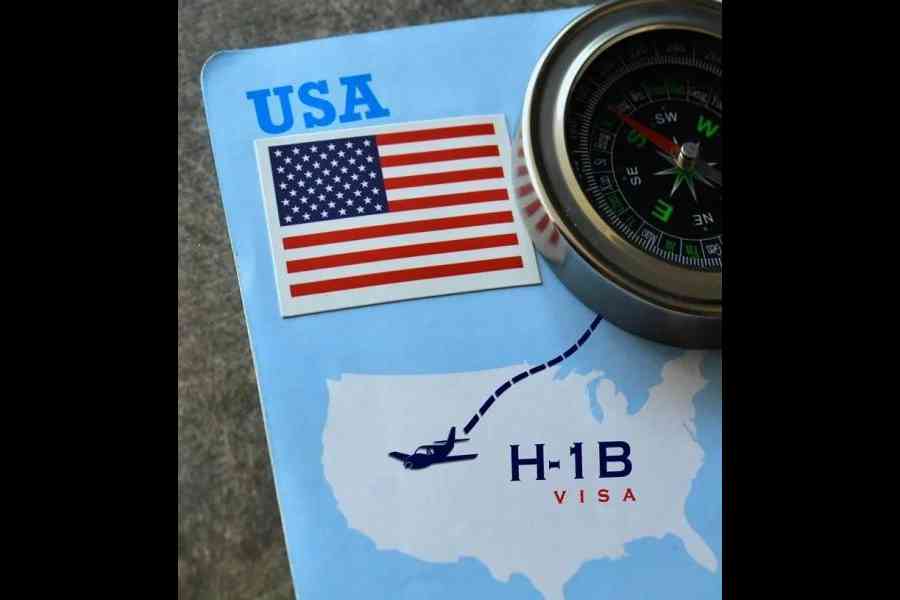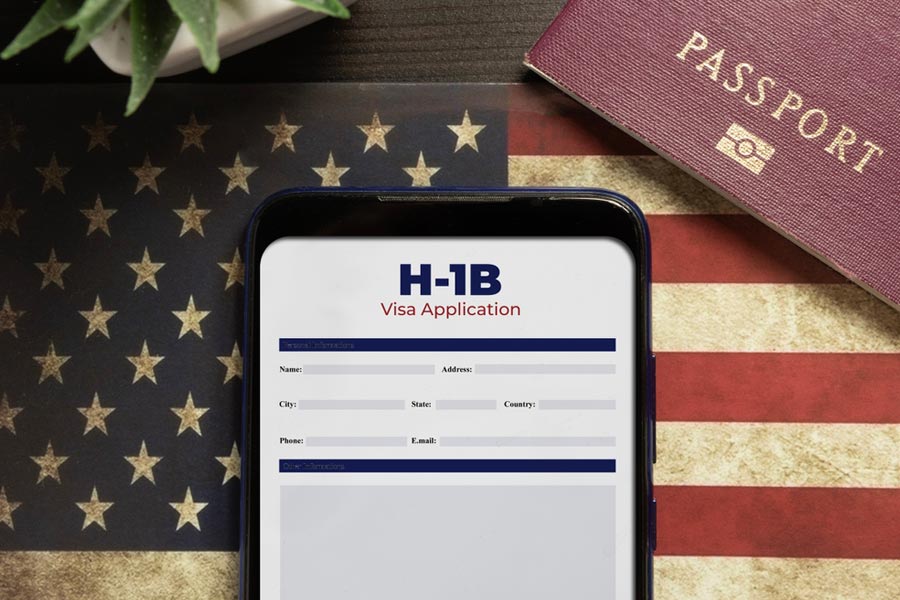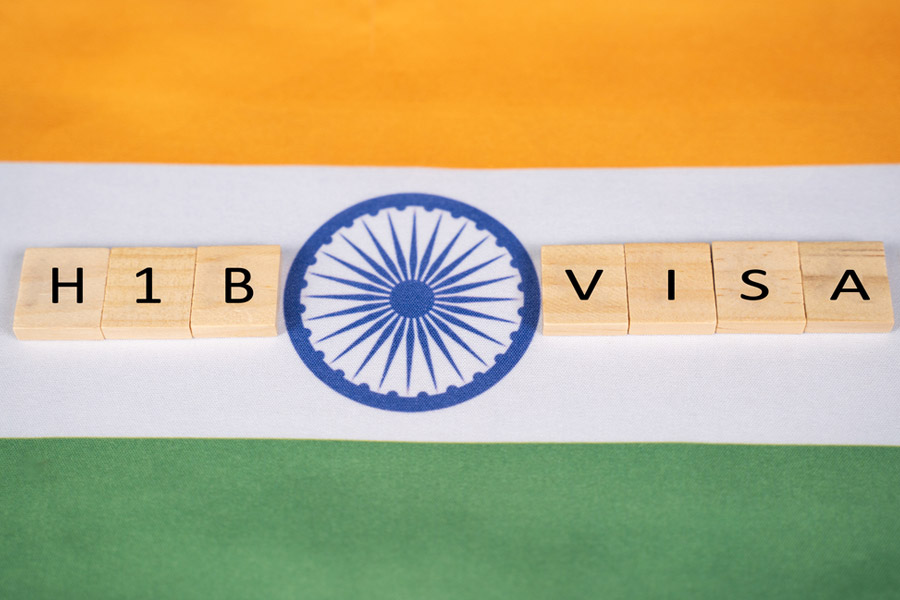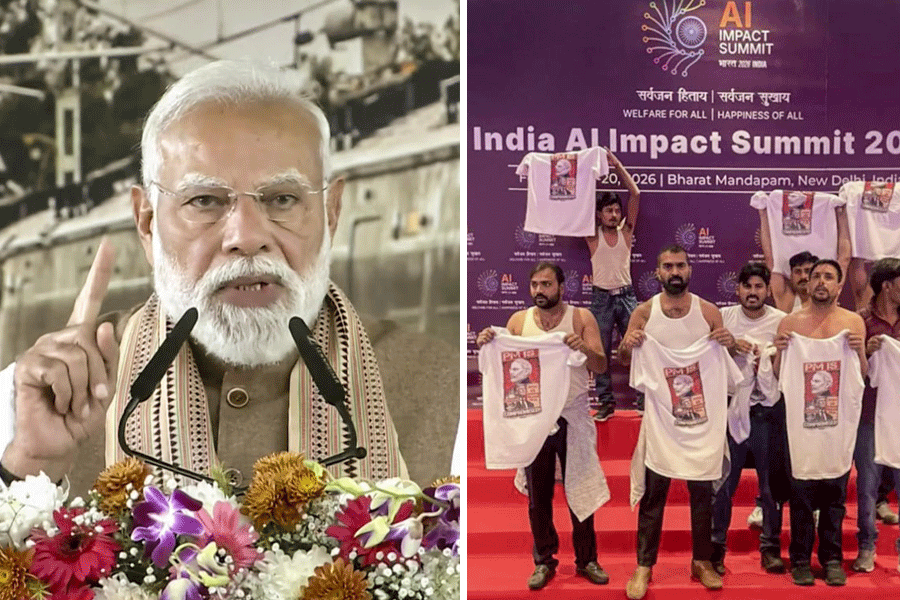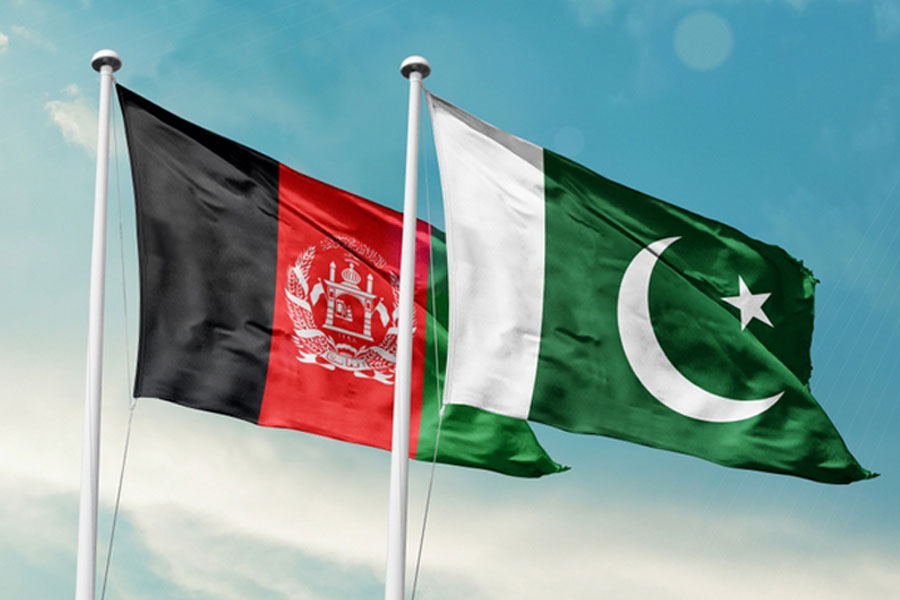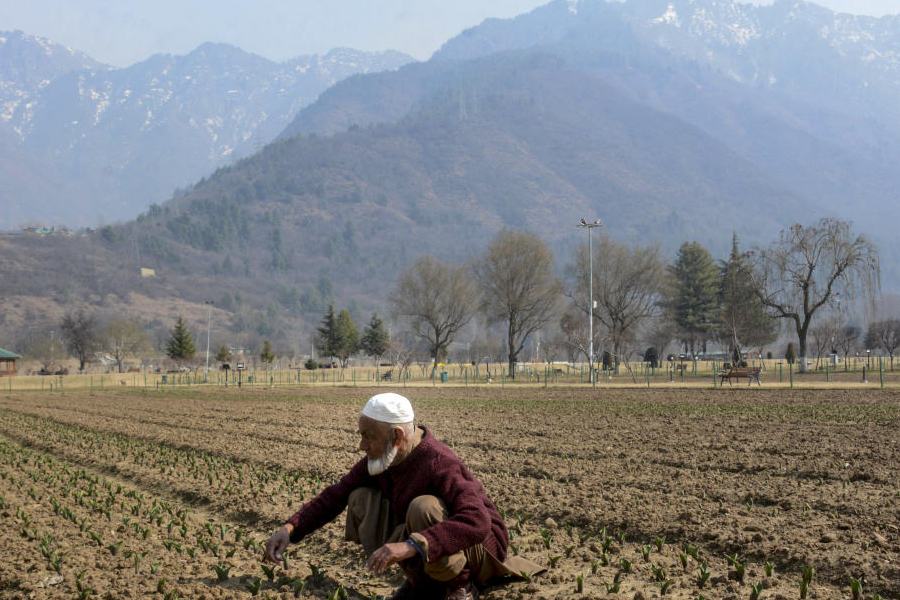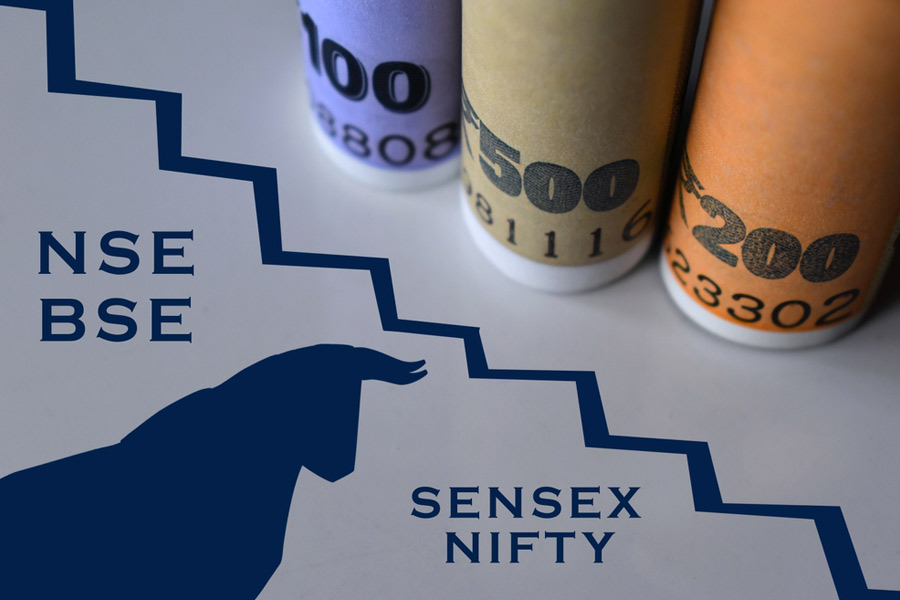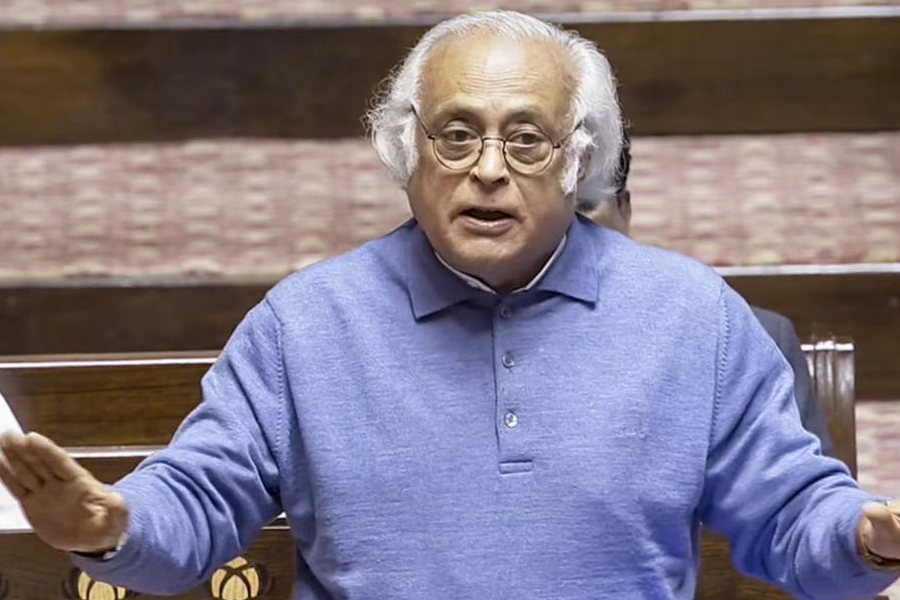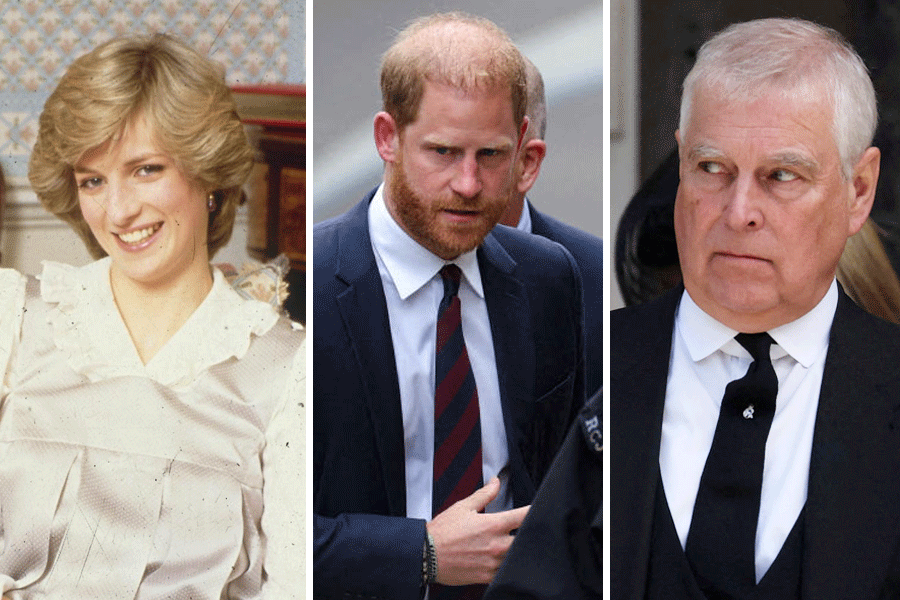The US Chamber of Commerce is suing the Trump administration for imposing a $100,00 annual fee for new H-1B visa applications, claiming the fee is unlawful and would significantly harm US businesses.
In a federal lawsuit filed Thursday in Washington D.C., the Chamber asks the court to declare that President Donald Trump exceeded the executive branch’s authority by imposing the fee and bloc federal government agencies from enforcing it.
The business group called the fee “not only misguided policy” but also “plainly unlawful”.
H-1B visas are meant for high-skilled jobs that tech companies find hard to fill and are primarily associated with tech workers from India. Big tech companies are the biggest user of the visa, and nearly three-quarters of those approved are from India. But there are critical workers, like teachers and doctors, who fall outside that category.
The Trump administration announced the fee last month, arguing that employers were replacing American workers with cheaper talent from overseas. Since then, the White House has said the fee won’t apply to existing visa holders and offered a form to request exemptions from the charge.
“The new $100,000 visa fee will make it cost-prohibitive for US employers, especially start-ups and small and midsize businesses, to utilise the H-1B program, which was created by Congress expressly to ensure that American businesses of all sizes can access the global talent they need to grow their operations here in the US,” Neil Bradley, executive vice president at the US Chamber, said in a statement.
In its lawsuit, the Chamber argues that the new fee violates the immigration laws that govern the H-1B program, including the requirement that fees be based on the costs incurred by the government in processing visas.
“The President has significant authority over the entry of noncitizens into the United States, but that authority is bounded by statute and cannot directly contradict laws passed by Congress,” according to the complaint, which names the Department of Homeland Security, the State Department and their respective cabinet secretaries as defendants.
According to the Chamber, such restrictions would also hand an economic advantage to America’s rivals, "who will surely welcome the talent no longer able to accept work in the United States. That is a competitive edge that foreign employers might never cede back".
“If implemented, that fee would inflict significant harm on American businesses, which would be forced to either dramatically increase their labor costs or hire fewer highly skilled employees for whom domestic replacements are not readily available,” according to the complaint.
In a statement, Taylor Rogers, a White House spokeswoman, called the administration’s actions “lawful” and “a necessary, initial, incremental step towards necessary reforms to the H-1B program.”
“President Trump promised to put American workers first, and his commonsense action on H1-B visas does just that by discouraging companies from spamming the system and driving down American wages, while providing certainty to employers who need to bring the best talent from overseas,” The Washington Post reported quoting Rogers.
The new fee is scheduled to expire after a year, but could be extended if the government determines that is in the interest of the United States to keep it.
Historically, H-1B visas have been doled out through lottery. This year, Amazon was by far the top recipient of H-1B visas with more than 10,000 awarded, followed by Tata Consultancy, Microsoft, Apple and Google. Geographically, California has the highest number of H-1B workers.
Critics say H-1B spots often go to entry-level jobs, rather than senior positions with unique skill requirements. And while the program isn’t supposed to undercut US wages or displace US workers, critics say companies can pay less by classifying jobs at the lowest skill levels, even if the specific workers hired have more experience.
In September, Trump signed the proclamation, raising the fee for H1-B visas to a staggering $100,000 (approx INR 88 lakhs) annually, in a move that could adversely impact Indian professionals on visas in the US.
Indians make up an estimated 71 per cent of all approved H-1B applications in recent years, according to the US Citizenship and Immigration Services (USCIS). Companies pay to sponsor H-1B applicants.
While the US tightens its visa regime, China has recently announced a new work permit called the K-Visa under which qualified professionals from across the world can come to the country and explore work opportunities. The K-Visa is aimed at attracting young science and technology talent and does not require a domestic employer or entity to issue an invitation.
The K-Visa category is in addition to its existing 12 ordinary visa types, available to eligible science and technology professionals. Compared to the existing visa types, K visas will offer more convenience to holders in terms of the number of permitted entries, validity period, and duration of stay.

